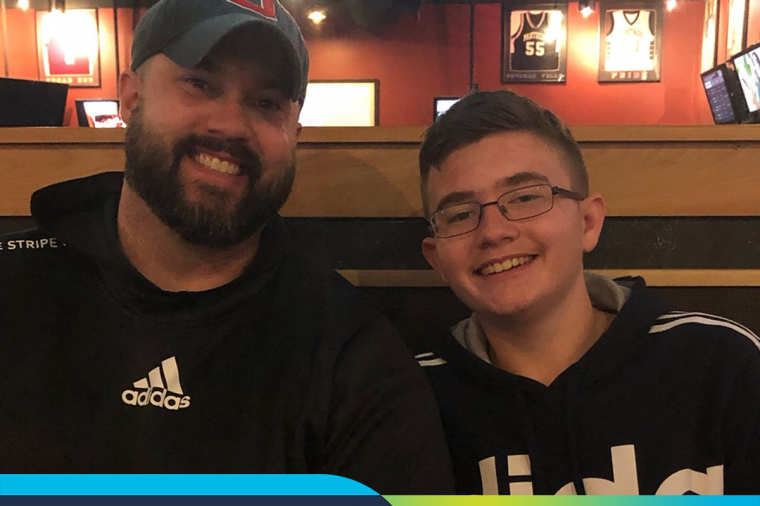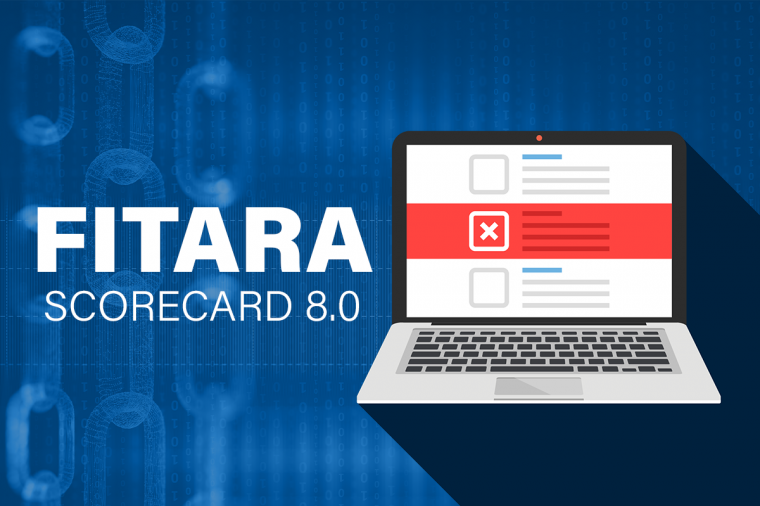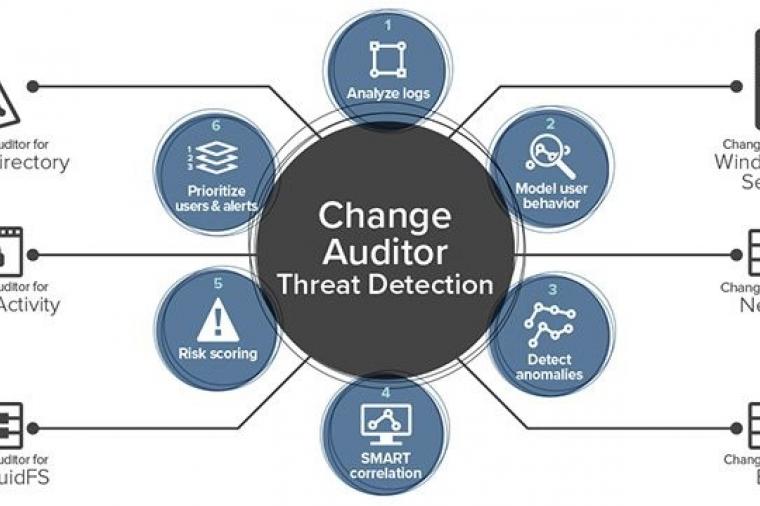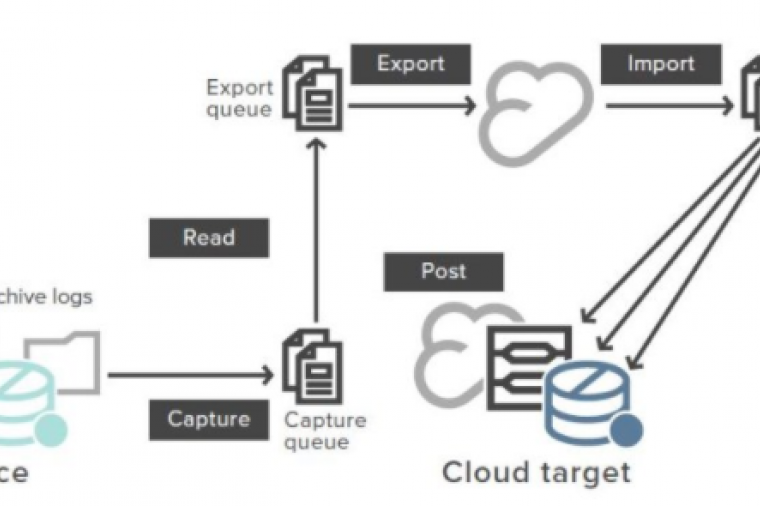Technically News scans thousands of industry articles to present you with a weekly source of IT news, information, and ideas that impact the public sector.
Federal Agencies Lagging on IT Savings Mandate
Here’s the dilemma: how do federal CIOs enforce an initiative when they don’t have the power to do so? A recent GAO report found that of the 26 federal agencies required to participate in the PortfolioStat initiative, only one has completed all the required steps. Information Week doesn’t offer a solution, but they do put the problem in context. Read the article here.
It’s the end of the year, which means everyone is beginning to release their predictions for 2014. We have two articles we think merit your time: 9 Trends for 2014 and Beyond from InfoWorld and Three Technology Trends Driving Big Changes for Federal Managers from NextGov. Read them to learn about the future.
Users Offer 10 Security Tips to IT Staff
In the past, we’ve talked a lot about the fact that cybersecurity must begin with end users. However, how your IT department handles that is complicated. End users tend to think security is only an IT problem; IT departments tend to explain things in technical terms, turning end users off. GCN, along with polled readers, has put together a list of to help IT employees bridge this gap. Read the list here.
Is FedRAMP Working? It Better.
FedRAMP is the only standardization program addressing cloud security for the government. But does it work? Sarah Mosley, network and infrastructure security branch chief of the Homeland Security Department’s Office of Cyber Security and Communications and David Blankenhorn, chief cloud strategist for DLT Solutions weigh in.
Government Agencies Have No Way of Warning Each Other About a Cyber Attack
In the world of cybersecurity, federal agencies are islands, separated by oceans. An inspector general memorandum revealed that the departments of Homeland Security and Defense lack a real-time system for alerting each other when they are attacked and a way to provide useful information to each other to defend themselves. Defense One has the full scoop.

































